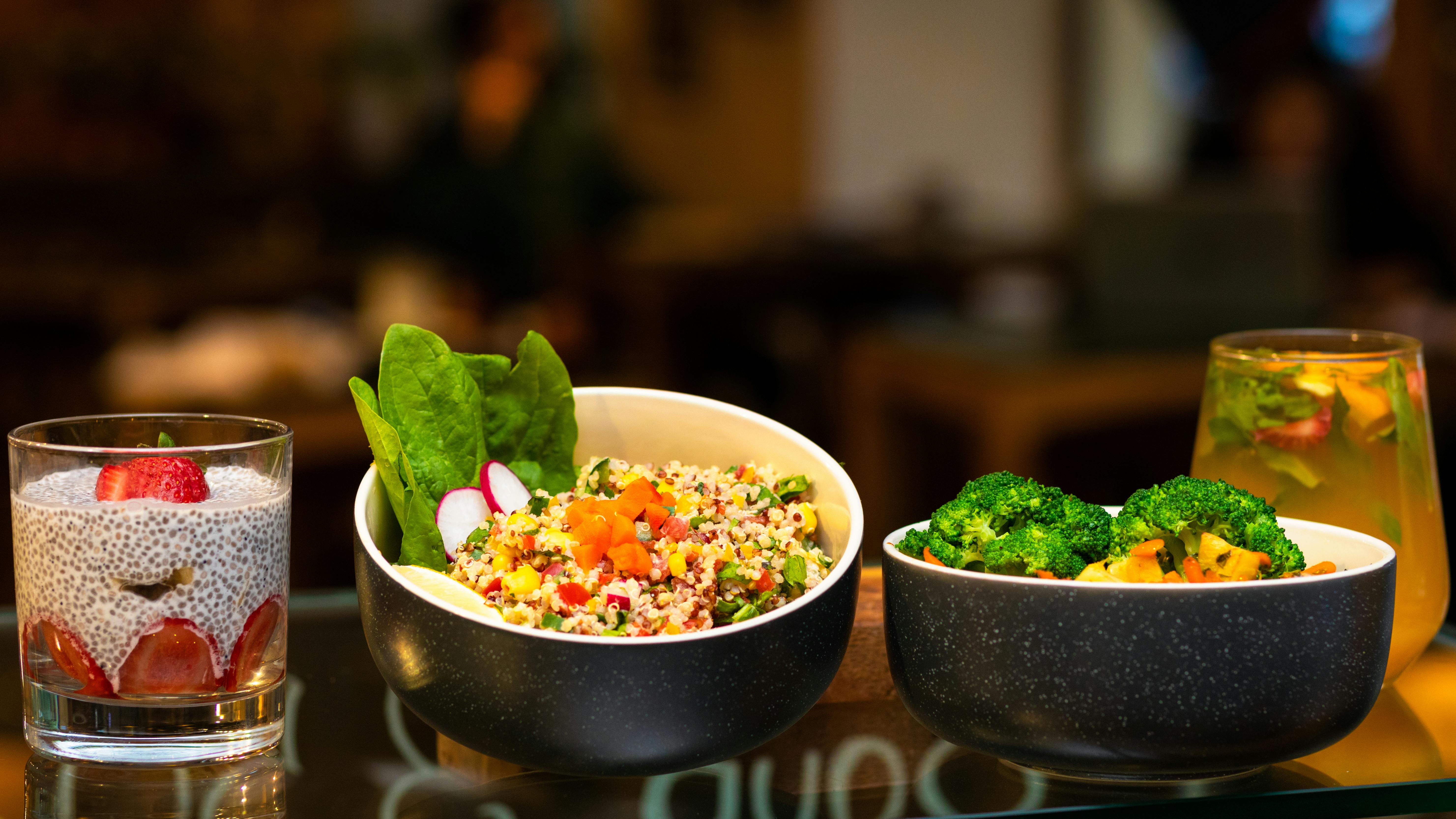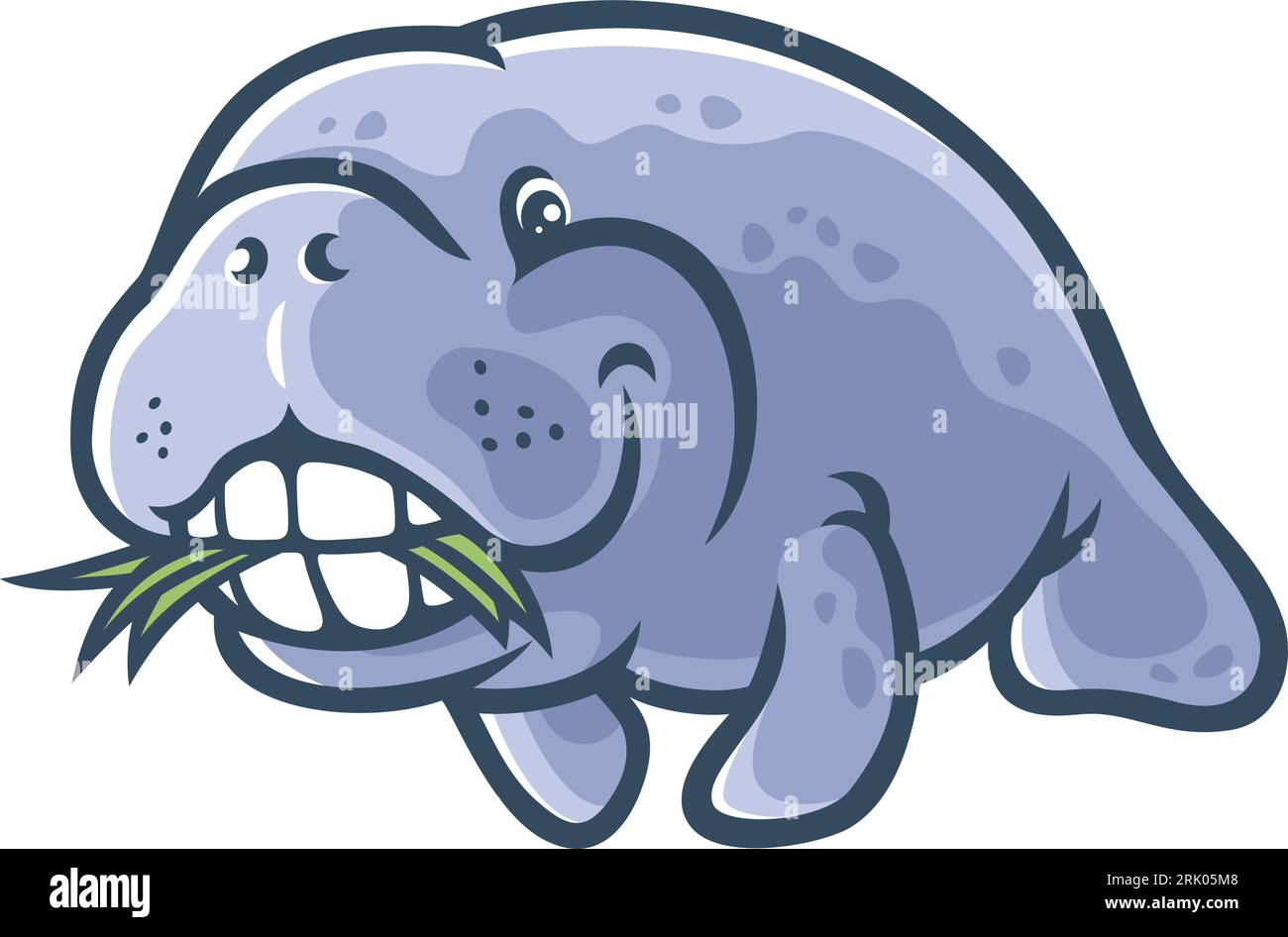
Essential Guide to Warfarin Diet in 2025
As one of the most commonly prescribed anticoagulants, warfarin plays a crucial role in managing blood clotting disorders. Understanding the dietary implications of warfarin is paramount for those who rely on this medication, as certain foods can significantly affect its efficacy. This article will delve into the essentials of a warfarin diet in 2025, focusing on vitamin K foods, safe food interactions, and meal planning strategies to optimize your health while on this medication.
A warfarin-friendly diet can empower patients, aiding in the management of blood clotting while minimizing the risk of adverse interactions with the medication. Key aspects will include foods to avoid with warfarin, creating an anticoagulant diet plan, and tips for maintaining stable warfarin levels. You'll also find expert recommendations for incorporating healthy options into your meals without compromising your medication’s effectiveness.
Prepare for an informative journey that will equip you with knowledge about managing your diet with warfarin. Let’s explore the dietary changes you can make today to enhance your overall health!
Understanding Warfarin and Its Dietary Restrictions
With the basics highlighted, it’s essential to understand how warfarin works and its effects on the body. Warfarin inhibits vitamin K, crucial for blood clotting, leading to the need for dietary adjustments. These adjustments primarily involve monitoring and managing foods high in vitamin K, as they can counteract the effects of warfarin.
How Warfarin Works
Warfarin functions by decreasing the body’s ability to form clots, which is vital for individuals at risk of thrombosis. Ingestion of vitamin K-rich foods can inadvertently raise the levels of vitamin K in the blood, requiring careful monitoring of diet to maintain an effective INR (International Normalized Ratio) level.
Warfarin Dietary Guidelines
The primary guideline for those on warfarin is consistency. That means if you consume vitamin K-rich foods, do so in moderation and maintain a steady intake. This not only aids in managing INR levels but also promotes a balanced diet.
Foods to Avoid with Warfarin
While it's essential to include certain foods for balance, there are clear products to limit or avoid. High-vitamin K foods can be particularly concerning—these include leafy greens such as kale, spinach, and collard greens. Limiting these foods can help avoid fluctuations in blood levels and support consistent warfarin management.
Impact of Diet on Warfarin Effectiveness
It’s important to realize the significant role diet plays in a warfarin regimen. The right dietary choices can enhance the effectiveness of warfarin, while poor choices may lead to critical health risks. Engaging with healthcare providers about any dietary changes is crucial for safety, especially when trying new foods.
Benefits of a Tailored Warfarin Diet
A personalized warfarin diet can optimize the medication's effectiveness, reduce the risk of adverse effects, and enhance quality of life. Understanding your body’s response to various foods can lead to a more manageable anticoagulation treatment plan.
Meal Planning and Preparation for Warfarin Patients
With the guidelines in place, the next step is practical meal planning. Establishing a consistent and balanced diet requires strategic thinking and preparation. This section will provide insights into creating a nutritious meal plan that accommodates warfarin dietary restrictions.
Cooking Tips for Warfarin
When preparing meals, focus on cooking methods that retain the nutritional value of your food without introducing excess vitamin K. Steaming or sautéing vegetables can be beneficial—these methods allow vegetables to retain their vitamins while controlling overall intake.
Foods to Include with Warfarin
Incorporating low vitamin K foods can add variety to your meals. Fruits, certain grains, and dairy products can work well within a warfarin diet. Pay attention to your protein sources as well, opting for lean meats, fish, or legumes, which can help maintain overall health while keeping vitamin K intake in check.
Tracking Dietary Intake
Monitoring what you consume can significantly impact your treatment. Consider keeping a food diary or using a mobile app to track your daily intake of foods high in vitamin K. This practice can help in identifying patterns affecting your INR levels and informing your dietary choices.
Meal Options for Warfarin Users
Fostering creativity within your meal options can make adhering to your diet enjoyable. Consider experimenting with substitutes; for instance, using brown rice instead of foods high in vitamin K or opting for nuts and seeds as healthy snacks.
Best Practices for Warfarin Users
Remember to engage your healthcare provider whenever there are dietary changes or new food items being introduced. Regular blood tests to monitor INR levels are also critical—this direct feedback can guide your food choices and help maintain a healthy lifestyle while managing warfarin therapy.
Understanding Warfarin Food Interactions
With this understanding of diet planning, let’s shift our focus to the nuances of food interactions with warfarin. Identification of these interactions can be pivotal in ensuring a safe and effective anticoagulation treatment.
Herbal Interactions with Warfarin
Beyond foods, herbal supplements can also affect the effectiveness of warfarin. Certain herbs, such as garlic, ginkgo biloba, and turmeric, may potentiate the anticoagulation effects leading to increased risk of bleeding. Always consult a healthcare professional before incorporating new supplements.
Understanding the Role of Nutrients
Various nutrients often have a significant impact on warfarin effectiveness. Vitamins C and E, for instance, can also interact with blood-thinning medications and should be monitored accordingly. Ensure that you are aware of the role these nutrients play in your overall health while adhering to your anticoagulant therapy.
Impact of Alcohol on Warfarin
Alcohol consumption can have varying effects on warfarin management. While moderate use is generally considered safe, excessive intake can lead to increased INR levels and heighten the risk of bleeding. It's crucial to establish alcohol consumption guidelines with your healthcare provider.
Caffeine Effect on Warfarin
Caffeine may also impact how well warfarin works, although research remains varied. Regular consultation with healthcare professionals can help you understand how to balance your caffeine intake effectively.
Managing Dietary Restrictions
Developing strategies to navigate dietary restrictions alongside warfarin therapy is crucial. Consider learning about cross-contamination risks and food selection strategies that minimize complications related to dietary choices.
Conclusion: Best Practices for Warfarin Users
In conclusion, a well-structured warfarin diet can enhance management of your health while on this medication. Understanding the dynamics of food interactions with warfarin, meal planning, and cooking methods can optimize effectiveness and promote well-being. Awareness of vitamin K foods, alongside effective strategies to monitor their intake, can significantly impact INR stability.
Prioritize regular communication with healthcare providers, track your dietary intake diligently, and embrace healthy meal choices. With the right strategies in place, you’ll be well-equipped to navigate your warfarin therapy safely and effectively.
 example.com/image2.png
example.com/image2.png
 example.com/image3.png
example.com/image3.png